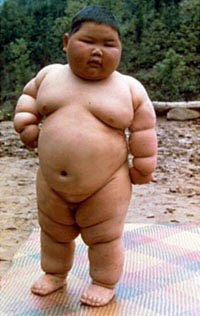Three Cups of Tea a Day Protect Women – But Not Men
Tea has been proven to protect women against heart attacks and strokes. Tea is not exactly the kind of thing you'd expect to show gender disparity – however, the latest research indicated that the millennia-old drink of mixed hot water and herbs has a documented tendency of proving more beneficial for women than for men - at least when it comes to its documented property of helping prevent heart attacks and strokes by fighting against the development of plaque in the arteries.
During a recent study, French researchers examined 2,613 men and 3,984 women with an average age of 73 and concluded that one third of the women who drank upwards of three cups of tea a day had plaques in their neck arteries. For the women who didn't drink tea, the number of subjects who had dangerous build-ups of fat and cholesterol in their arteries was around 50%. However, the same study, conducted by the Institut National de la Santé et de la Recherche Médicale, based in Paris and Lille proved that the men who drank tea regularly didn't reap the same health benefits as the ladies.
The beneficial effects of the tea were even felt by women with high blood pressure. There's no explanation as to why men gain no protection as a result of regular tea consumption, but it is believed that there might be some complementary connection between tea and estrogen, the female hormone which (among many other things) protects women against heart problems.
"Findings in dietary studies are often confounded by other factors such as presence of disease in those taking part and other lifestyle behaviors. However, in this study, findings did not depend on whether the women were smoking or not, whether or not they took hormone replacement therapy and whether or not they suffered from vascular disease", stated Dr. Catherine Hood, a member of the Tea Advisory Panel in Britain, the world's largest per-capita consumer of tea, averaging about 3.5 to 4.0 cups per day. "No significant interaction was found with level of education, or fruit and vegetable intake", she added. So, ladies, what are we waiting for – put the kettle on and enjoy the benefits of a delicious cup of tea.
SOurce: news.softpedia.com















